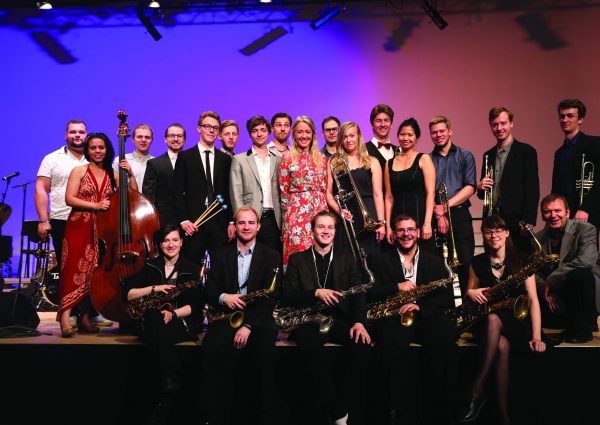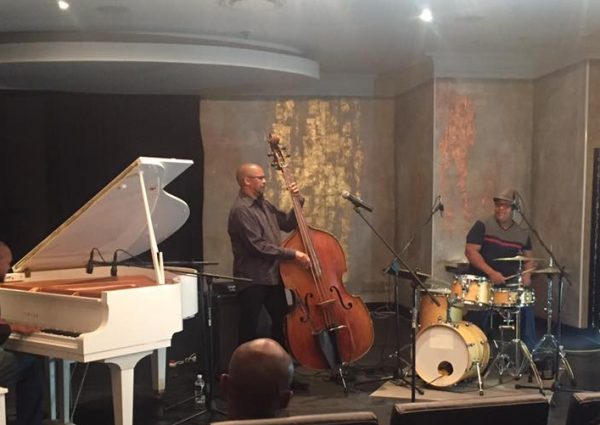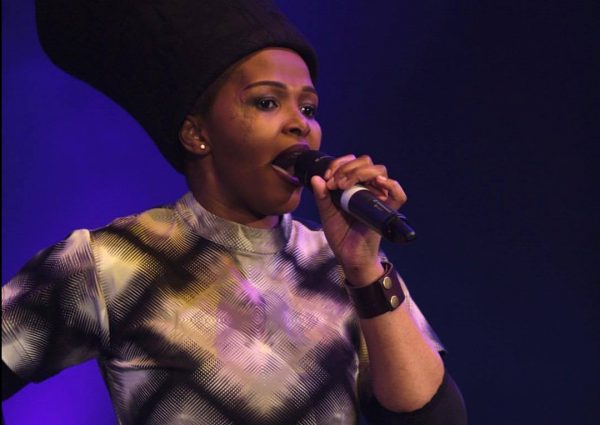Former youth radio manager and presenter, Nkokheli Lindazwe, shares thoughts on the annual World Radio Day.
For many years and still today, radio has been the vital force that echoes the pulse of society. The listener now has more options for music, entertainment, information, and education thanks to the development of new digital media over the last 20 years.
In spite of this, radio is still as obstinate as that cockroach that survived the bombings of World War II. Even as digital platforms expand, broadcast radio continues to have a strong coexistence, as evidenced by the Broadcast Research Council’s Radio Audience Measurement Survey, which found that 76% of music streamers and 68% of social media users also listen to radio on a weekly basis.
Three out of every four South Africans over the age of 15 listen to radio weekly in South Africa; that’s 75% of the population. Despite the medium remaining resolute in the midst of a digital revolution, I am concerned with the stagnation in the overall format of radio. The reluctance by the decision-makers in the medium to tamper with the format is an impediment to the evolution of radio as we know it.
‘If it’s not broken, don’t fix it’ seems to be the prevailing status quo. This rigid, conservative, cautious mindset might just be the reason radio feels monotonous for Gen-Alphas and Gen-Betas who are born into the digital age. In 2014, Tim Zunckel and his then 5FM team changed their breakfast show time slot to start at 5am instead of 6am (which had been the standard start time for all breakfast shows across radio stations in South Africa). This decision came as a result of research conducted by the radio station and then realising that the majority of their targeted listeners in the metropolitan areas actually started their days at 5am as opposed to 6am. This decision not only challenged the norm, but also made sense; needless to say, other radio stations followed suit when they started to see the idea working.
I would implore South African radio to adopt this thinking and not only conduct audience research for the purpose of growing sales, but also do it for the purpose of understanding and addressing the evolving audience patterns.
We must question the relevance of a few ‘radio norms’ in today’s radio environment, such as whether traffic report updates on “national radio” are truly necessary? Do we really need to have news updates at the top of each hour? Do all shows need to be in 3-hour intervals? Are charts still relevant? If we are to change or even try to change, the industry should regularly ask these self-reflective questions.
We can all agree that the medium has been very responsive to digital trends over the last 10 or so years (annoyingly reactive and not proactively so at times) but the idea is not to remain constant or adapt to current trends, but for radio to be in the forefront of setting these so-called trends (like it used to).
Nkokheli “Nkox The Leader” Lindazwe is a former general manager for Careers Magazine and TV, a former head of programming at Kovsie FM 97.0 and former host of CUT FM’s breakfast show, among others.






